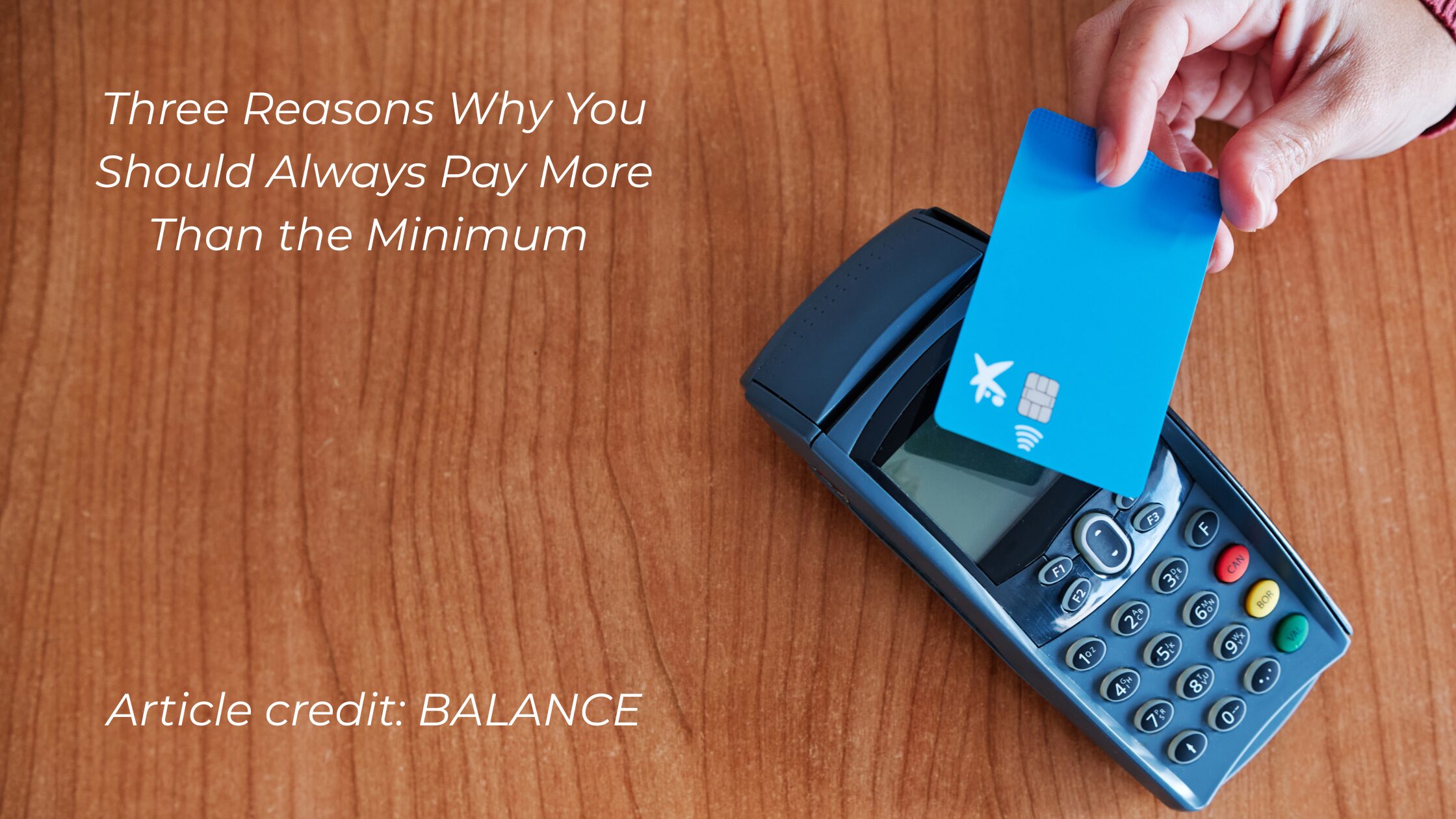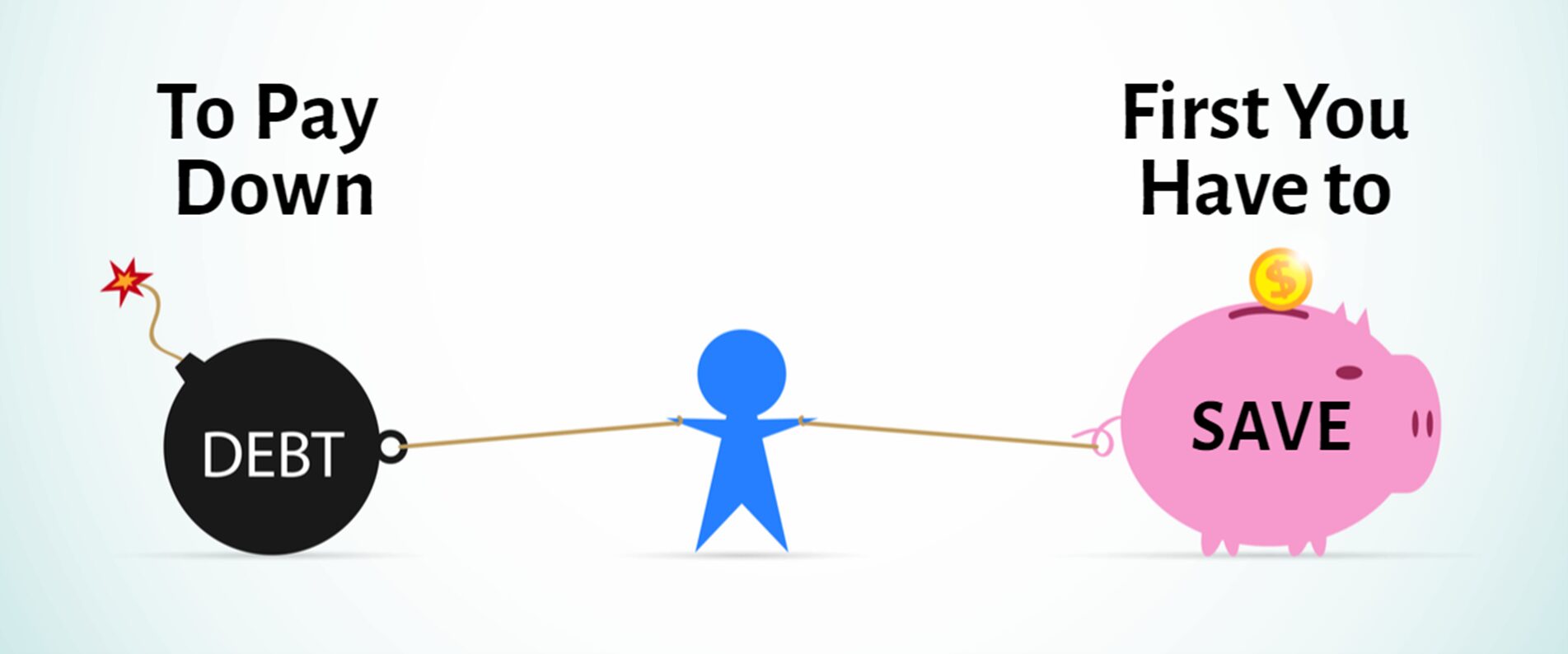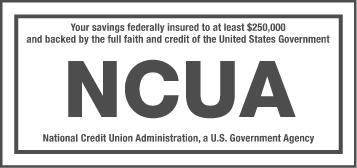
Three Reasons Why You Should Always Pay More Than the Minimum
posted on
April 15, 2025
Credit cards are a valuable financial tool for both individuals and businesses–but they come at a price.
You get purchasing power on the spot, and the creditor only requires you to pay off a small amount of the total every month, i.e., the minimum amount due. However, it’s important to remember that the minimum is calculated in the best interest of the creditor, which puts you at a disadvantage.
Here are some important reasons why you should always pay more than the minimum due on your credit card.
1) Save money
When you only cover the minimum every month, you end up paying more in interest. The minimum payment exists to ensure that interest fees are covered, with only a small amount going toward the actual balance.
For example, suppose you have a $3,000 balance with a 14 percent APR (Annual Percentage Rate). Your minimum payment would be around $65. By the time you pay it off, you will have paid an additional $1,332 in interest.
On the other hand, if you were to pay $100 every month instead of $65, you would only pay $713 in interest.
2) Get to debt-free faster
The more you pay, the quicker you’ll be debt-free. Using the same example, it would take 67 months to pay off the original $3,000 balance, along with all that extra interest. That’s 5.5 years!
Paying $100 per month instead would clear the debt out in approximately 38 months, which is just over three years. Of course, this is provided you’re not adding additional charges to the card and that your APR remains at 14 percent.
3) Raise your credit score
The ratio of your balances to your credit limits is called “credit utilization.” This ratio actually accounts for 30 percent of your entire credit score.
For example, a credit limit of $2,000 with a balance of $500 would mean that you have a credit utilization of 25 percent. A lower ratio is better because it shows that you’re using only a small amount of the total credit that has been extended to you.
If you’re only paying the minimum, your balance remains high relative to your total credit limit. This will cost you some points on your score. Naturally, this also means that when you begin making higher payments that quickly bring down your balance, you’ll likely see an increase in your credit score to reflect this change.
So what’s the solution to avoiding the minimum payment trap? Whenever possible, pay off your balances in full every month.
APR = Annual Percentage Rate. This article is for informational purposes only and is not intended to provide tax, legal, or accounting advice. You should consult your own tax, legal, and accounting advisors for advice. All loans subject to approval and rate may vary depending on individual's credit history and other factors. All Credit Union loan programs, rates, terms and conditions are subject to change at any time without notice. Membership required. SRP is federally insured by NCUA.








